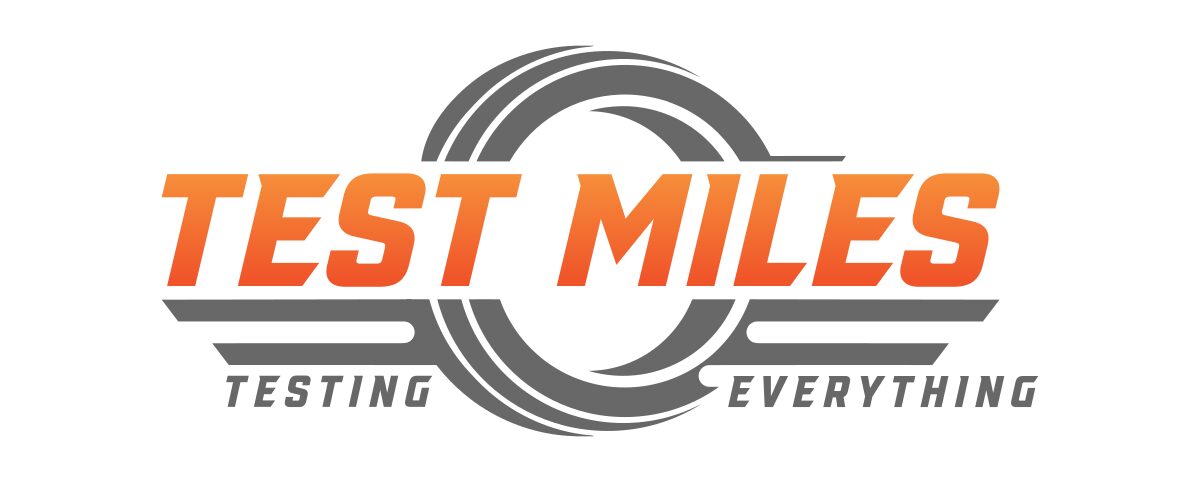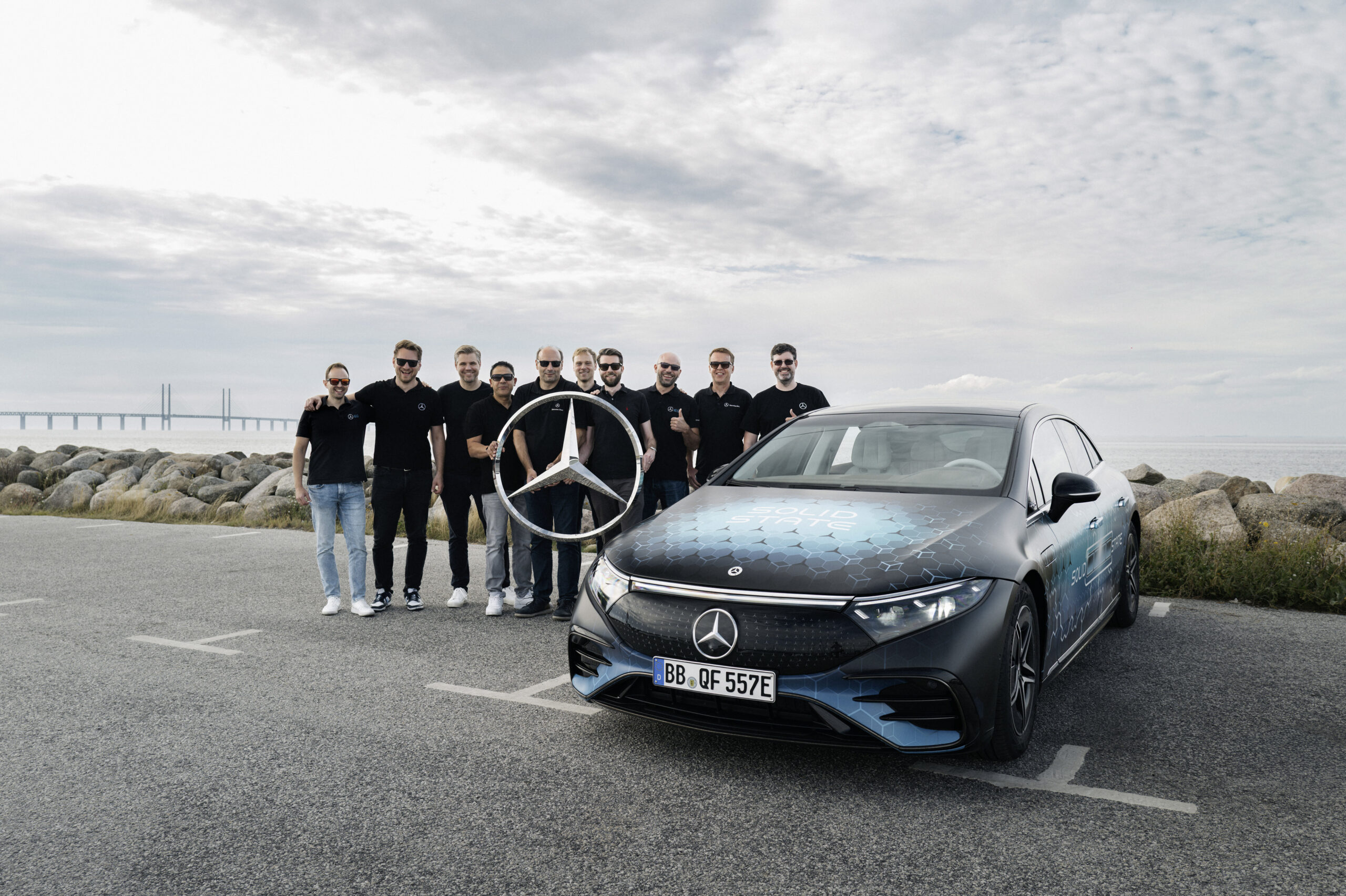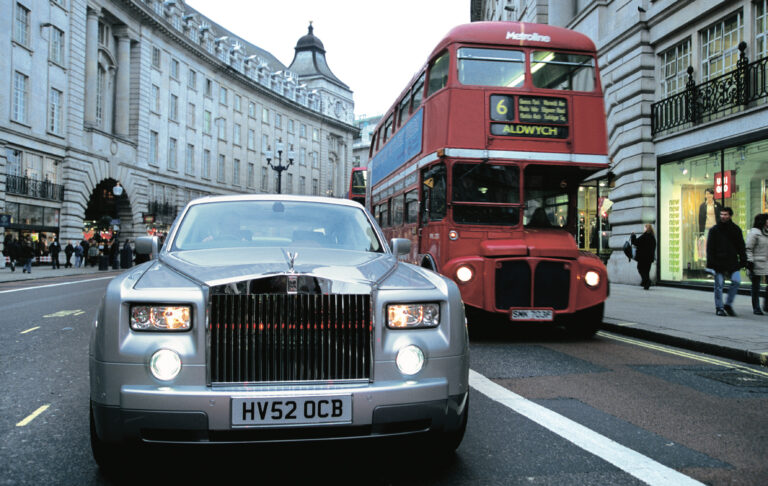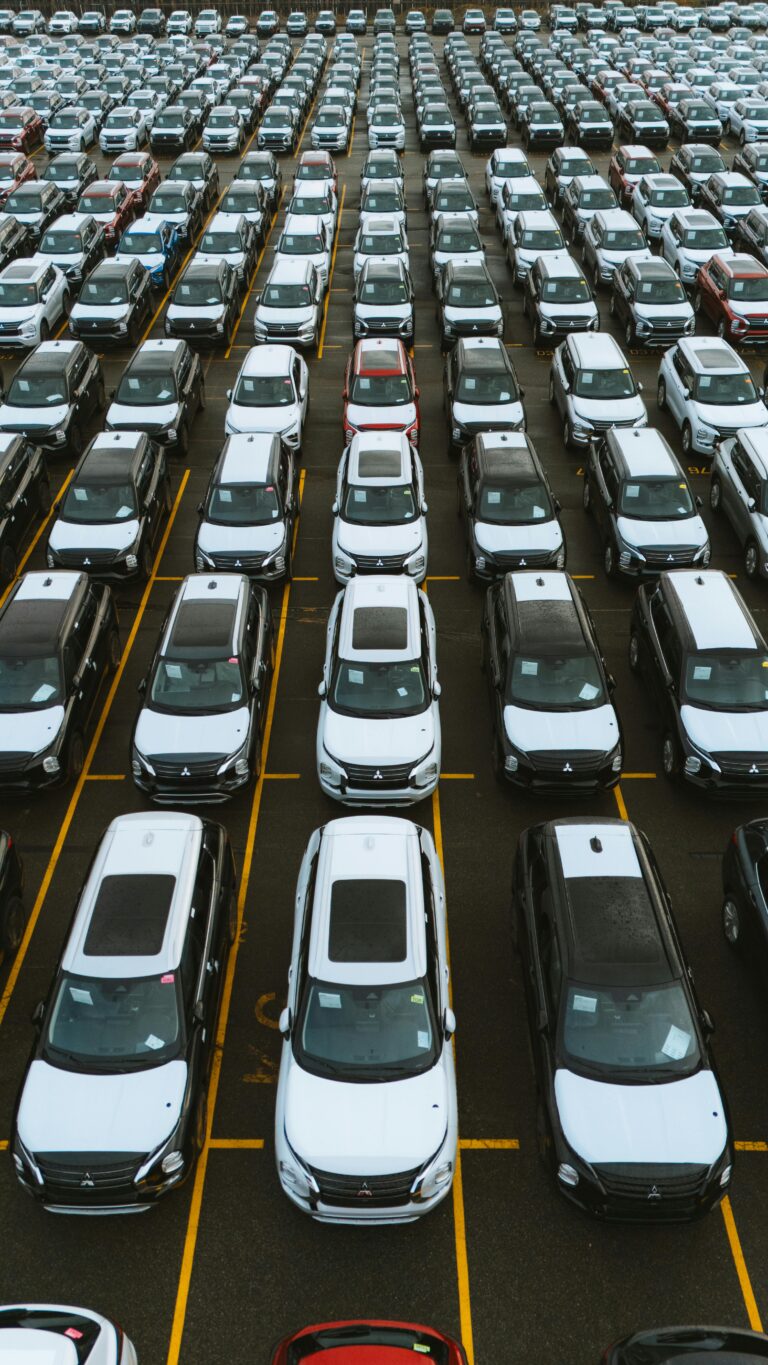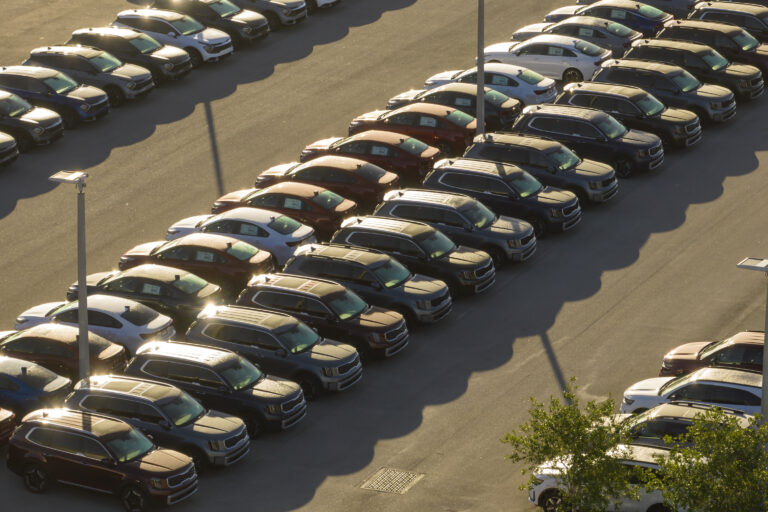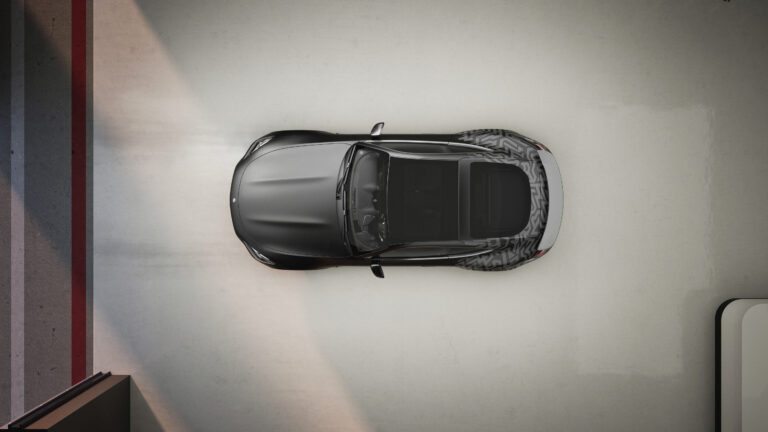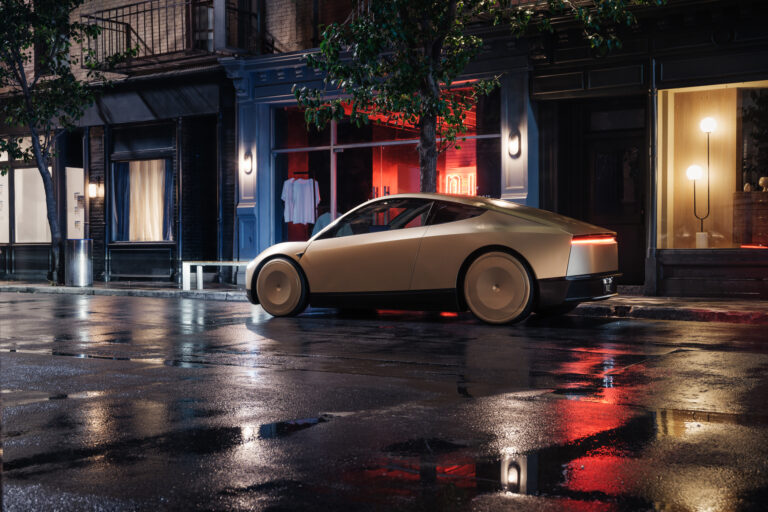Mercedes EQS Sets 749-Mile Solid-State Battery Record
Mercedes EQS solid-state battery delivers 749 miles on a single charge, proving the next leap in EV range and setting a new benchmark for electric mobility.
Mercedes-Benz proves long-range EVs are no longer just theory
Mercedes-Benz has successfully demonstrated the real-world capability of solid-state batteries with a lightly modified EQS covering 749 miles (1,205 km) from Stuttgart, Germany to Malmö, Sweden without stopping to recharge. Arriving with 85 miles left in the ‘tank,’ this feat eclipses the previous record set by the Vision EQXX and hints at a radical new era for electric mobility.
Why does this matter right now?
Electric vehicles have long been haunted by the twin demons of range anxiety and long charging times. Mercedes-Benz just exorcised both with this demonstration. A solid-state EQS cruised through three countries without plugging in, covering nearly 750 miles in one shot and still leaving enough juice to lap a few Nordic IKEA car parks for good measure.
This milestone is more than a PR stunt it’s validation. Lab numbers mean little until wheels hit real-world roads, and here, they did. Mercedes partnered with Factorial Energy for lithium-metal cells and used pneumatic actuators to manage expansion, keeping the system reliable under stress. It’s Formula 1-grade tech, refined for passenger cars. That makes it the kind of innovation that could genuinely change consumer confidence in EVs.
Just as hybrids once bridged combustion and electrification, solid-state batteries now bridge hope and reality. And given the tightening timelines for zero-emission mandates, automakers need more than good intentions they need breakthroughs like this.
For context, see how Lexus approaches long-range overlanding with its GX Overtrail. Different technology, same consumer anxiety.

How does it compare to rivals?
The 749-mile achievement makes Tesla’s 405-mile Model S look modest and Lucid’s 516-mile Air Dream Edition feel less revolutionary. Even the Mercedes Vision EQXX, itself a record-setter, has been outpaced. More importantly, the EQS wasn’t some featherweight concept. It was a production-based car with a battery pack that maintained similar size and weight to its existing units.
Current solid-state competitors Toyota and BMW among them are still mostly talking prototypes and future promises. Mercedes has put rubber to tarmac. That’s the distinction. If this technology enters series production by the end of the decade, Stuttgart could hold the advantage in both luxury and long-range EV markets.
It also calls into question the EV charging infrastructure race. If vehicles can travel nearly 800 miles on a single charge, the urgency to build ultra-fast chargers every 20 miles looks less frantic.
It’s a rare instance where the German automaker isn’t just catching up to Tesla but leaping ahead. See also Toyota’s hybrid-heavy strategy, which shows how different players are hedging their bets on the road to electrification.

Who is this for and who should skip it?
For luxury buyers who want an EV but fear being stranded somewhere between Stuttgart and Sweden, this demonstration reads like a safety net. Long-distance commuters, cross-border drivers, and early adopters who like bragging rights will all lean in. It’s also a boon for those who see EVs as practical but not yet convenient. Suddenly, the math works for road trips, not just school runs.
Who should skip it? Anyone expecting affordability. Solid-state technology, especially in its infancy, will likely land in flagship sedans and SUVs before trickling down. Don’t expect a solid-state Nissan Leaf anytime soon. If you’re shopping budget EVs, lithium-ion will remain the main course for years.
And while Mercedes promises series production by decade’s end, cautious buyers may want to wait until this tech matures beyond a halo product. Remember, early adopters often double as unpaid beta testers.

What is the long-term significance?
Solid-state batteries could finally deliver what EV advocates have promised for years: long range, quick charging, safer chemistry, and lighter packs. Mercedes reports a 25 percent increase in usable energy content without a weight penalty, made possible by Factorial Energy’s FEST® technology. If scalable, this is the holy grail more miles, same footprint.
The ramifications extend beyond cars. Solid-state cells could redefine aviation, heavy transport, and grid storage. In automotive terms, they could shrink the number of charging stops needed across entire continents, turning EVs into true replacements for combustion cars rather than compromises.
Mercedes-AMG’s involvement, drawing on Formula 1 engineering expertise, suggests this isn’t just a lab curiosity. The automaker is serious about hitting production by the late 2020s. If successful, it may mark the moment history books describe as “when EVs became inevitable.”
For a sense of how consumer demand is already shifting toward electrification, see Audi’s Concept C design reboot.

Conclusion
The Stuttgart-to-Malmö drive isn’t just a record; it’s proof of concept. Mercedes-Benz is showing the world that solid-state technology isn’t a mirage it’s a destination. Whether rivals catch up or governments pivot policy will define how quickly this reality arrives. But for now, the EQS sits atop the leaderboard with nearly 750 miles of bragging rights and a technology roadmap that could reshape the entire industry.
Further Reading
- The 2025 Lexus GX 550 Overtrail: Built for the Wild
- 2026 Toyota RAV4 Redesign: First Look
- Audi Concept C: A New Era of Design
- Mercedes-AMG GT XX Concept
- 2025 BMW iX3 Neue Klasse
For the latest automotive insights and reviews, follow me on Twitter and subscribe to TestMiles.com.
